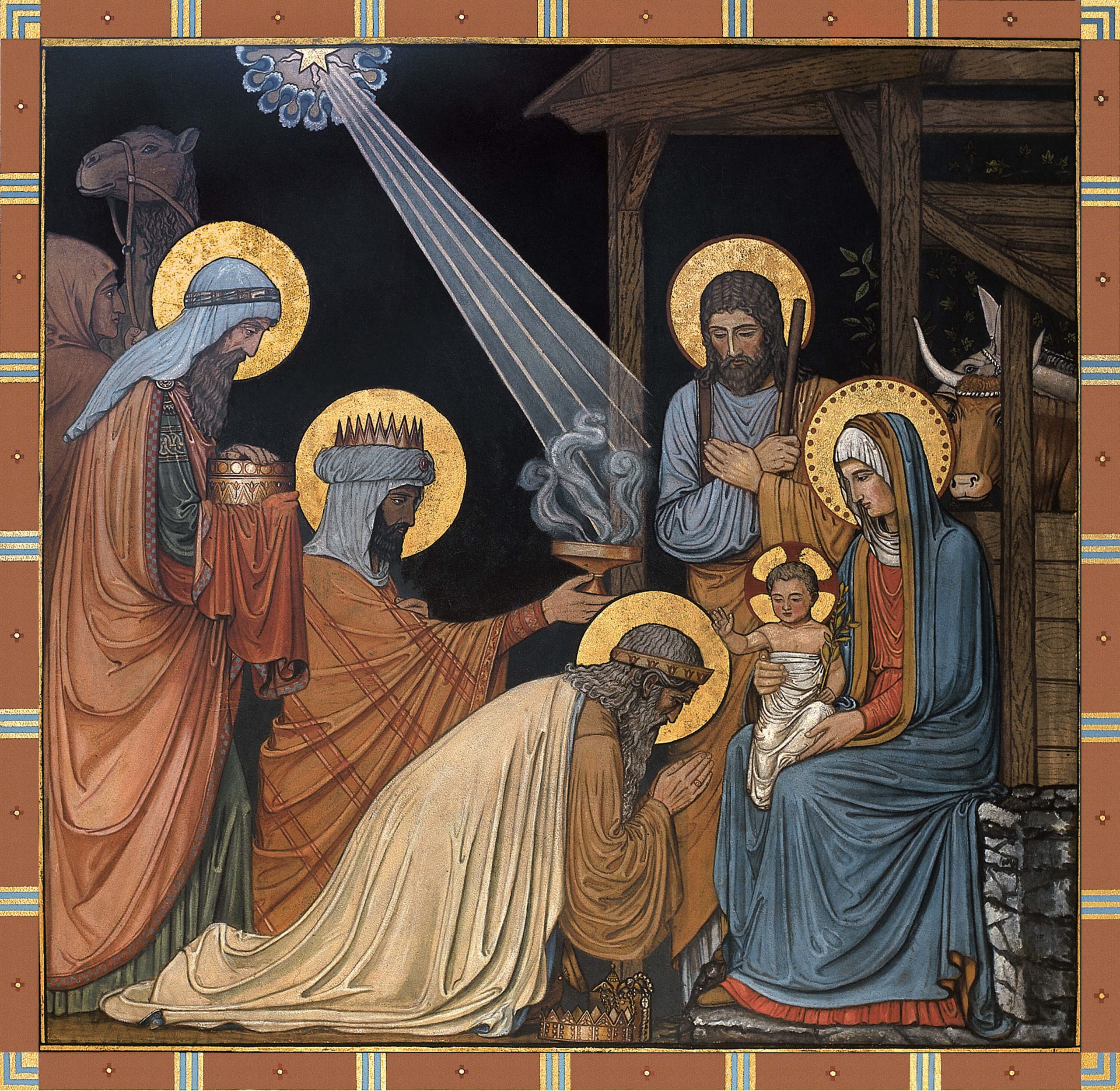It seemed to come as a great surprise that Gentiles were always a part of the plan. To us, looking backward through the lens of time, it is easier to see but not to those among whom the prophetic word was unfolding for the first time. But that is because we read Scripture Christologically. It is through Christ we read the prophets and so we see what others missed. Israel's chosen state was a means to God's ultimate purpose of reuniting the division around one Savior, from the midst of God's people of old but not for them alone.
It was not a surprise to the early Christians who heeded no warning but welcomed the voice of the Lord and rejoiced in the Gospel of Jesus Christ. Yes, to the Judaizers, who regarded the Levitical laws of the Old Testament as still binding on all Christians, Judaism was not summarily dismissed but a precondition of following Christ but even the Jewish Christians at the Council knew that this was adding a burden upon the Gentiles that God was not requiring.
Epiphany is filled with details that capture the imagination of the hearers. The baby Jesus is now, what, a couple of years old but not yet three, and the political climate in Israel is dicey. Except for the presentation and purification, the Virgin Mother and Joseph had laid low with Jesus. And then comes the star and the visitors from the East who followed its light into the light of Him who is the Light of the World. From then on, everything must change. It is no wonder that the Magi returned to their home via another route. Nothing could be retraced. It began with a surprise that ended in the blood of the Innocents and the revelation would end with surprise of blood that cleanses all from their sin and rescues from the captivity of death.
Somehow Christmass seems almost tame and ordinary in comparison with Epiphany. It is so calm with carols and candles and parties and presents. There is no hint of danger or surprise. We know that story so very well. But Epiphany is always filled with surprise -- often an unwelcome one. In a world so quick to label and define, Christ is born to bring together all people around the common confession of sin and the common need of redemption. Perhaps that is why Epiphany the Feast has receded into the background. We know that this is not some quiet, calm, pleasing ritual of family and fellowship. We know it was born of blood to end in blood and that the fruit of this blood is not necessarily the unity we treasure -- every sin forgiven and every sinner redeemed. We still have our untouchables -- even more so since the pandemic. Our divisions are entrenched. Our conflicts bitter. Our rivalries deep. Our conversation long ago devoid of politeness. Yet into this surprise of visitors from the East we see revealed in profound glory what God is doing through His Son. We may not necessarily welcome it but He has not asked our opinion. Only revealed His glory. What is plain in Pentecost is glimpsed in Epiphany. Everyone who calls on the name of the Lord shall be saved.

Dear Rev. Peters: thank you for this posting. The last two sentences come with the power of a shaft of sunlight.
ReplyDeleteI also wanted to thank you for your comment on Gottesblog on the matter of blessing children at the altar. My comment was not published. It consisted of Matthew 19:13-15, “13Then some children were brought to Him so that He might lay His hands on them and pray; and the disciples rebuked them. 14But Jesus said, “Let the children alone, and do not hinder them from coming to Me; for the kingdom of heaven belongs to such as these.” 15After laying His hands on them, He departed from there.” Following this, I wrote the “Mene, tekel” in Hebrew.
Peace and Joy!
George A. Marquart
Christmas Eve according to the Julian calendar.